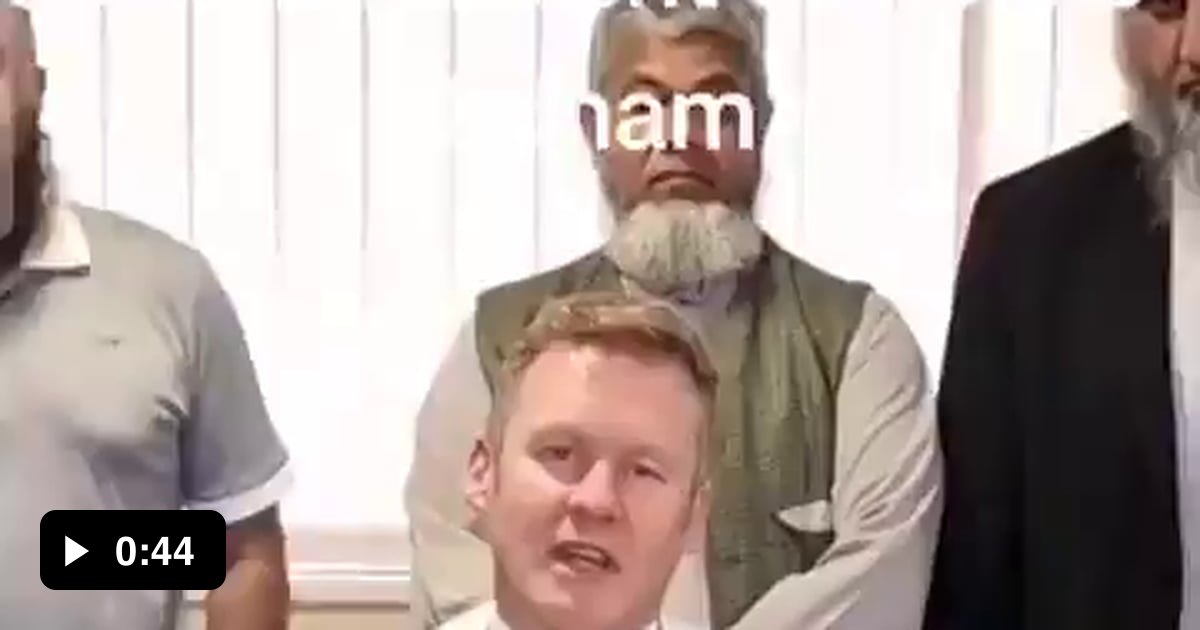I think the rationale is to stop vigilantism. It's also illegal to film or record any court footage without the judges permission. I'm not sure how legal reporting on aspects of trial are or if the judge can just order a media blackout.
Logically it also stops you filming judges being obnoxious, which they won't like. I wanted to record some civil cases but thought better of it - it's illegal.
IMO the real reason why you can't film trials though is because judges make the rules and judges don't want to be judged by the public.
It's more to stop any identification of the jury or vulnerable witnesses, and trial "blackouts" don't really happen unless the reporting of one trial could endanger the proceedings in another linked trial.
Almost all trials are open to the press and often public, but very rarely attended and usually the main limitation is that you cannot take photographs in court, nor can you ID a juror (ever in an ongoing trial), or a witness or victim if the judge has issued an order not to.
However there is also a law that limits what can be said on any suspect after they've been arrested in order to protect the reliability of the resulting trial, basically so that potential jurors don't see a load of nonsense in the Sun or the Express that is likely to affect how the jury looks at the actual evidence.
It's not that Judges don't want to be judged by the public (thank god we don't have elected judges and prosecutors like the states*), it's that it's considerably easier to protect witnesses/get victims to testify when they aren't going to have their photos in the local rag.
This isn't something new or strange, it's about trying to make sure that the case is actually tried on the evidence and that people are not put off appearing as witnesses, and that it's harder for jurors to be ID's and influenced, threatened or bribed.
*Absolutely the worst idea, as it means that a judge and prosecutor is very much aware of how they behave in court might affect their chances of re-election and thus will in many cases run the case for the votes, not for the law.


